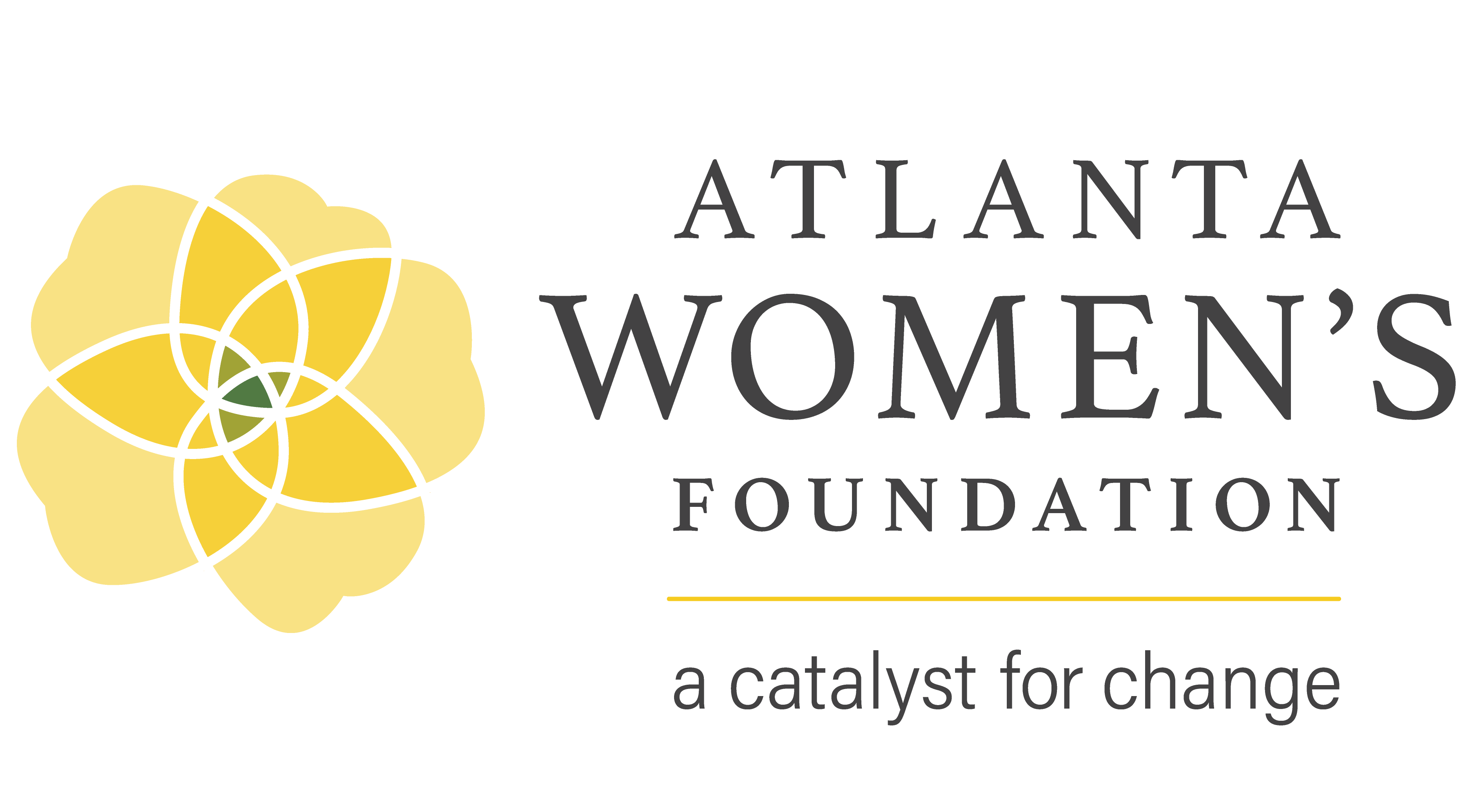Building Better Futures Through Education
This month we’re hearing from Kerry McArdle, Executive Director of Literacy Action, on the importance of adult education and literacy. Literacy Action is a part of the grantee cohort for our Breaking Barriers, Building Women: Economic Empowerment Program and is this year’s recipient of our annual Sue Wieland Embracing Possibility Award. Literacy Action is this year’s honoree because they demonstrates an outstanding ability to make significant change in the lives of women and girls through their ongoing work.
When we talk about literacy, we usually talk about early childhood education or third grade reading levels. Something we often don’t talk about is that 1 in 6 adults in Georgia are low-literate1. Most of us take for granted that we are able to read a newspaper or a medicine bottle; that we can write a resume or fill out a job application; that we can read to our children or help them with homework. But more than 15% of our fellow Georgians can’t.
As Executive Director of Literacy Action, I see firsthand the impact that low literacy has on adults, and on the two-thirds of our adult learners who are women. Georgia adults with low literacy earn 30% less than those with a high school diploma2. Of adults with the lowest literacy levels, 43% live in poverty, and 70% of adult welfare recipients have low literacy levels3. This impact is significant not only for individual women and men but for our state; a recent study by the Georgia Literacy Commission estimates low literacy costs Georgia over $1.2B a year in social services and lost tax revenue4.
About half of our adult learners have school-aged children, and the impact of low literacy on families extends well beyond a parent’s access to living-wage jobs. Parents are children’s first teachers, and children whose parents struggle with literacy have a 72% probability of reading at the lowest levels themselves5. Building parents’ literacy is also building their ability to support their children’s academic success, helping to break the intergenerational cycle of low literacy and ultimately of poverty.
At Literacy Action, we are grateful to partner with The Atlanta Women’s Foundation to help break this cycle and empower women to build better futures for themselves, their families, and this region through education. We are especially honored this year that Literacy Action alumna Christina Reid has been chosen as the Sue Wieland Embracing Possibility Award Shining Example honoree. Christina grew up in a community with low access to higher education, and dreamed of not only being the first in her family to go to college but also of using that education to teach others. Christina enrolled in Literacy Action’s tuition-free classes to prepare for her GED, and after completing it worked with our transitions services to research and apply to college. She recently completed her associate’s degree while working her way through school, and is well on her way to achieving her goal of becoming an early childhood educator to help the next generation access the opportunities she has worked so hard for. We’re proud of Christina and all that she and her Literacy Action classmates have achieved with the support of partners like The Atlanta Women’s Foundation.
Kerry McArdle is Executive Director of Literacy Action, the largest and oldest adult literacy nonprofit in Georgia. This year, Literacy Action will serve more than 1,000 students and provide approximately 130 classes in adult basic education (including reading, writing, and math), GED preparation, family literacy, digital literacy, English as a Second Language, and workforce literacy.
Sources
- American Community Survey; 2011-2013, Adults, ages 19-65
- U.S. Bureau of Labor Statistics Table A-4
- National Institute for Literacy
- Georgia Literacy Commission study by Deloitte and Literacy for All March 2017
- National Bureau of Economic Research (NBER)
